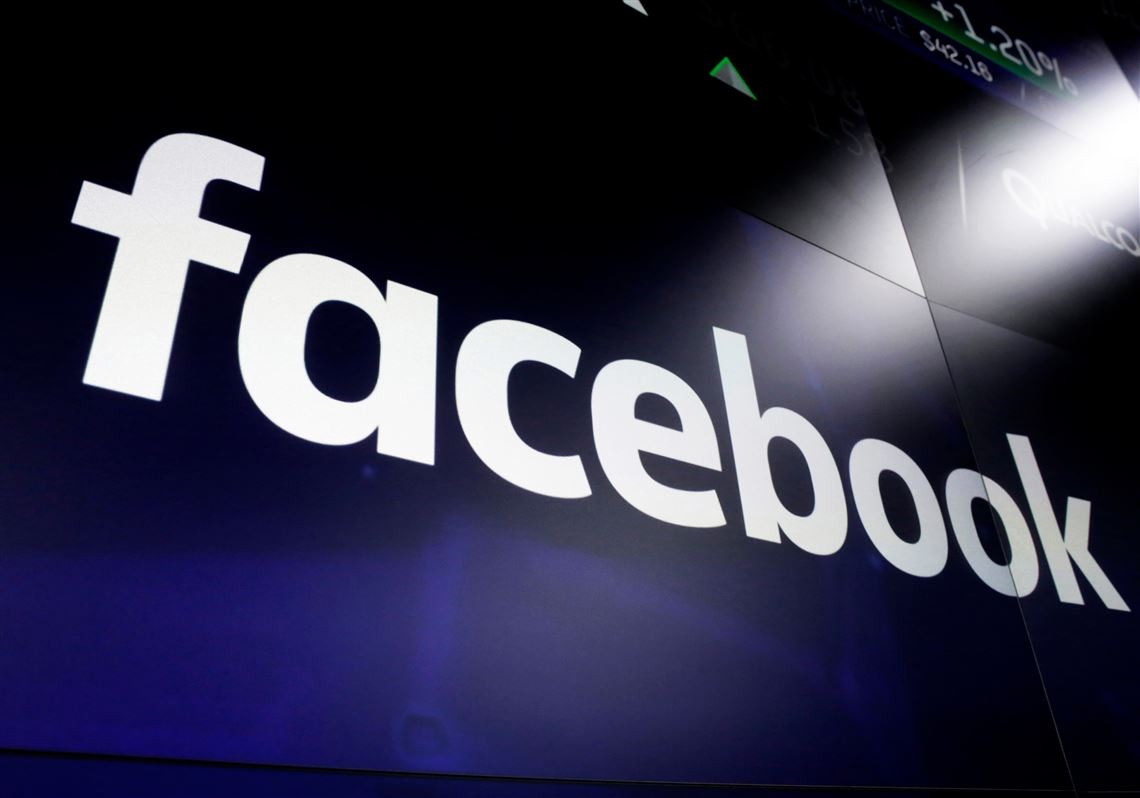A few days in the past, ProPublica, an independent, nonprofit newsroom, observed that a tool it becomes the usage of to song political advertising and marketing on Facebook has been quietly disabled – by Facebook. The browser extension had detected political advert campaigns and accumulated details at the advertisements’ goal audiences. Facebook also tracks political ad campaigns, however now and again, it fails to stumble on them. For the beyond yr, the corporation had everyday corrections from ProPublica – until sooner or later, it decided it did not want them anymore. It also looks as if “they do not desire for there to be informed about the targeting of political marketing,” an editor at ProPublica instructed me.
Facebook additionally made information nowadays for any other tool: an app, this time it’s personal, designed to offer the organization access to giant records about how clients had been using their phones. Sheryl Sandberg, the agency’s leader working officer, has defended the venture vigorously due to the fact folks who signed up to apply this research app knew what they were doing – and were paid $20 a month. Unamused, Apple decided to interfere – and has now banned the app from its telephones.
Both of these tales have something in commonplace: They illustrate who is making the regulations of our new data community – and it isn’t us. It isn’t always citizens, or Congress, who decide how our records community regulates itself. We do not get to decide how facts groups gather information, and we don’t get to decide how transparent they need to be. The tech businesses do that everyone through themselves.

Why does it rely on? Because that is the information network that now brings the general public their news and opinions about politics, approximately medicinal drugs, about the economy. This is likewise the information community. This is fueling polarization that favors sensational news over-optimistic news, destroying the enterprise version of the neighborhood and investigative journalism. The few days have also delivered news of personnel layoffs at newspapers around the country, from Arizona to Tennessee to New Jersey.
I have singled out Facebook right here because it is the dominant force in social media – like an old-fashioned monopolist, it owns Instagram and WhatsApp too – but I should write further approximately Google, which is the dominant pressure in Internet search, or YouTube, owned with the aid of Google, that is the dominant force inside the distribution of video content. These corporations additionally perform in keeping with their personal rules and algorithms. They decide how statistics receives collected and who sees it. They determine how political and industrial advertising and marketing are regulated and monitored. They even determine what receives censored. The public sphere is shaped with the aid of those decisions. However, the public has no say.
There is a precedent for this historical second. In the Nineteen Twenties and 1930s, democratic governments suddenly observed themselves challenged using radio, the new records era of its time. Radio’s early stars included Adolf Hitler and Joseph Stalin: The era should virtually provoke anger and violence. But changed into there a manner to marshal it for democracy as a substitute? One solution became the British Broadcasting Corp., the BBC, which turned into designed from the beginning to attain all components of the user, to “inform, educate and entertain” and to enroll in human beings together, no longer in a unmarried set of reviews however inside the form of single countrywide conversation that made democracy possible. Another set of answers becomes discovered within the United States. Journalists are familiar with a regulatory framework, hard and fast guidelines about libel law, and a public process determining who may want to get a radio license.
The query now is to locate the equivalent of licensing and public broadcasting inside the global of social media: to find, that is, the regulatory or social or prison measures that will make this era paintings for us, for our society and our democracy, and no longer only for Facebook shareholders. This isn’t an argument in a desire for censorship. It’s an issue in a desire of making use of to the net international the identical forms of rules that have been utilized in different spheres, to set policies on transparency, privacy, information, and competition.
We can, as an instance, alter Internet advertising simply as we adjust broadcast marketing, insisting that people recognize whilst and why they’re being shown political advertisements or, certainly, any advertisements. We can scale down the anonymity of the Internet – current research shows that the number of faux debts on Facebook may be a long way better than what the agency has said in public – due to the fact we have a right to recognize whether we’re interacting with actual humans or bots. In the long run, there can be even greater profound solutions. What could a public-hobby set of rules appear like, for instance, or a form of social media that preferred optimistic conversations over polarization?
We should make a start with Sen. Amy Klobuchar’s, D-Minn., proposed invoice on honesty in marketing. But the talk desires to be deeper; it cannot include another chaotic, amateurish interview with Facebook leader government Mark Zuckerberg in the Senate. Constantly changing the era will make it difficult, as will lobbying. But we’ve got regulated economic markets, some other sphere wherein the generation changes continuously, the money worried is giant, anyone is lobbying, and anyone is attempting to cheat. If we do not do it – if we do not even try – we will no longer be capable of ensuring the integrity of elections or the decency of the public sphere. If we don’t do it, inside the long term, there won’t also be a public sphere, and there won’t be practical democracies anymore, either






































